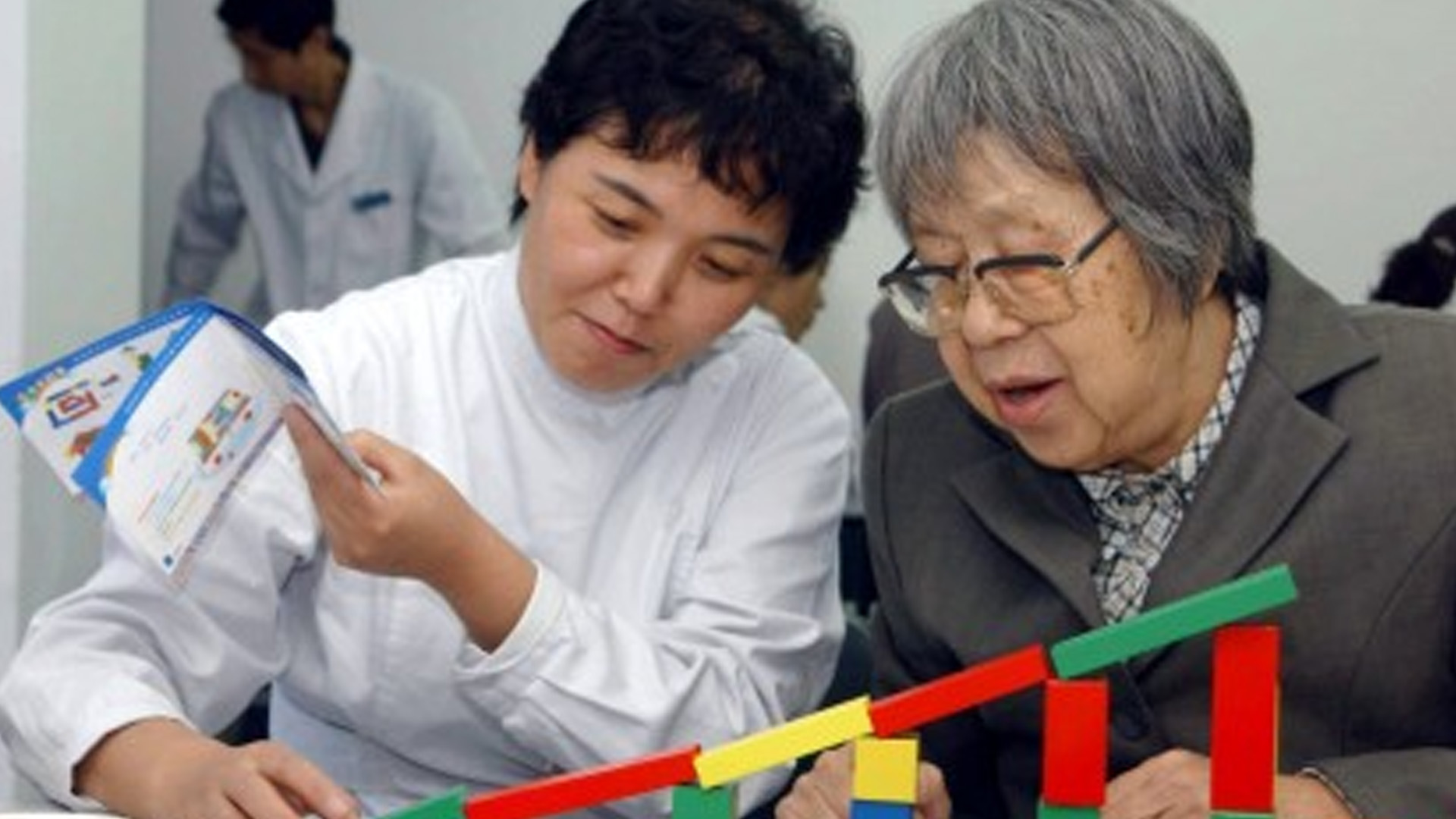Australian researchers have identified a new avenue for diagnosing Alzheimer’s disease earlier by analyzing biomarkers in blood.
In a study published on Thursday, a team from the University of Melbourne developed a blood test for earlier diagnosis of Alzheimer’s disease in a breakthrough they said could reduce the impacts of dementia.
Alzheimer’s disease is an incurable neurodegenerative disease that affects memory, thinking, and behavior.
According to the World Health Organization (WHO), it is the most common form of dementia, accounting for up to 70 percent of cases worldwide.
The new test, which was developed by researchers from the Faculty of Science and Faculty of Medicine, Dentistry and Health Sciences at the University of Melbourne, analyzes levels of potassium isotopes in blood serum.
Low levels of potassium in the blood are an early biomarker of Alzheimer’s disease, the study said.
“Our minimally invasive test assesses the relative levels of potassium isotopes in human blood serum and shows potential to diagnose AD before cognitive decline or other disease symptoms become apparent, so action can be taken to reduce the impacts,” Brandon Mahan, a co-author of the study from the University of Melbourne, said in a media release.
Current clinical diagnosis of Alzheimer’s disease is based on a patient’s medical history, neurological exams, cognitive function, and behavioral assessments as well as protein analysis of cerebrospinal fluid or blood samples.
Mahan said that a reliable test for earlier diagnosis could make Alzheimer’s patients eligible for a wider variety of clinical trials, leading to further medical breakthroughs.
“Earlier diagnosis would enable earlier lifestyle changes and medication that can help slow disease progression and would allow more time for affected families to take action to reduce the social, emotional and financial impacts of dementia,” he said.
A report published by government agency the Australian Institute of Health and Welfare (AIHW) in March estimated that, with an aging and growing population, the number of Australians living with dementia will more than double from 411,100 in 2023 to 849,300 by 2058.
A separate June report from the AIHW said dementia was the second most common cause of death in Australia in 2022 and the most common cause of death for women. (PNA)








